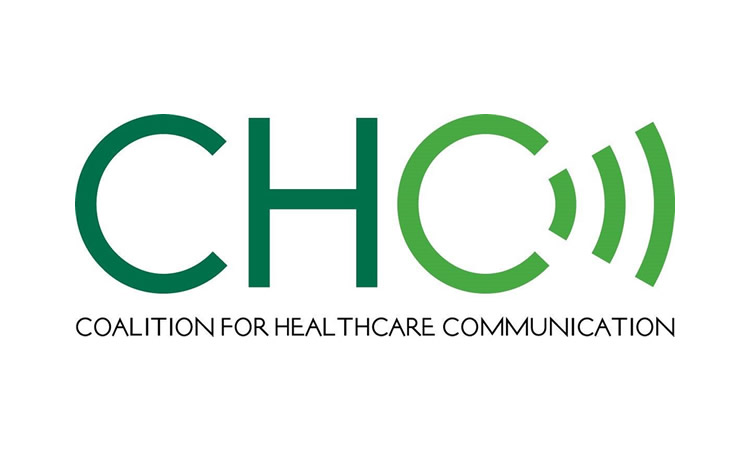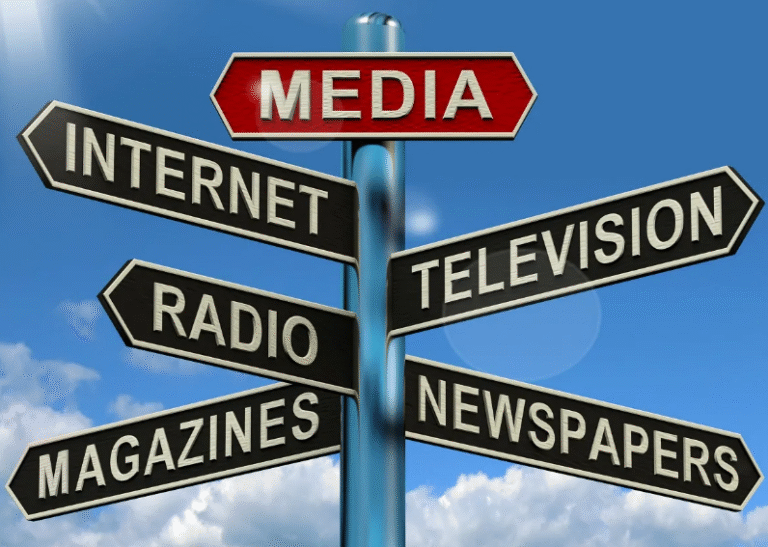Nov. 12, 2018 — As part of the Trump administration’s deregulatory approach, the Centers for Medicare & Medicaid Services (CMS) has opened a period for comments on one aspect of the Sunshine Act—specifically, the reporting requirements for distribution of educational materials to physicians by industry. In its response to CMS, the Coalition for Healthcare Communication states that the Obama administration misinterpreted the legislative intent of the Act by not exempting peer-reviewed journals, journal reprints and medical textbooks from being reported as transfers of value.
“We urge CMS to reconsider this position and alleviate this reporting burden on physicians and medical professionals who rely on these materials to take care of their patients,” said Coalition Executive Director Jon Bigelow.
In the CHC’s comment, Bigelow states that Congress included exemptions from reporting requirements in the statute (section 6002 of the Affordable Care Act), including one for educational materials that directly benefit patients or are intended for patient use.
Although the February 2013 final rule from CMS stated that this exception does not apply to journal reprints and medical textbooks because it states that these materials do not benefit patients, “it is the CHC’s position that the final rule is not consistent with the statute because the information conveyed to physicians in journal reprints and medical textbooks does directly benefit patients, who expect that their doctors have accurate information about the latest medical research,” Bigelow asserted.
The Coalition makes three additional points in its comment to CMS that it asks the agency to consider as it takes a fresh look at this reporting requirement for educational materials:
- Physicians utilize journal reprints and medical textbooks to boost their knowledge of the current state of t (heir specialties, which directly benefits patients and improves the quality of healthcare in the United States. The big-picture benefit of journal reprints and medical textbooks is that they help to level the playing field by providing materials to healthcare professionals in different settings and locations.
- Peer-reviewed medical journals meet high standards of medical review and these materials are critical to patient care – and the FDA underscores that fact. Peer-reviewed medical journals and textbooks meet the highest standards for research and review to ensure that content is not influenced by manufacturers and that the publications’ scientific integrity is preserved. The FDA’s 2009 guidance document on Good Reprint Practices prohibits any alteration of a journal reprint’s content, and asserts that such reprints may not be distributed with materials that are promotional.
- Distribution of these educational materials is speech that is protected by the First Amendment. Journal reprints and medical textbooks are designed to deliver critical scientific and research content to medical professionals, and this content is protected by the First Amendment. Continuing the reporting requirements for these educational materials places an undue burden on that speech.
Bigelow concludes that the CHC “strongly supports transparency as one way to manage perceived and real conflicts of interest,” but asserts that the prior administration “had it wrong” when failing to exempt journal reprints and medical textbooks from Sunshine Act reporting requirements.
The CHC comment was filed in response to a September 2018 CMS Request for Information (RFI) asking the public and stakeholders to address this issue.




